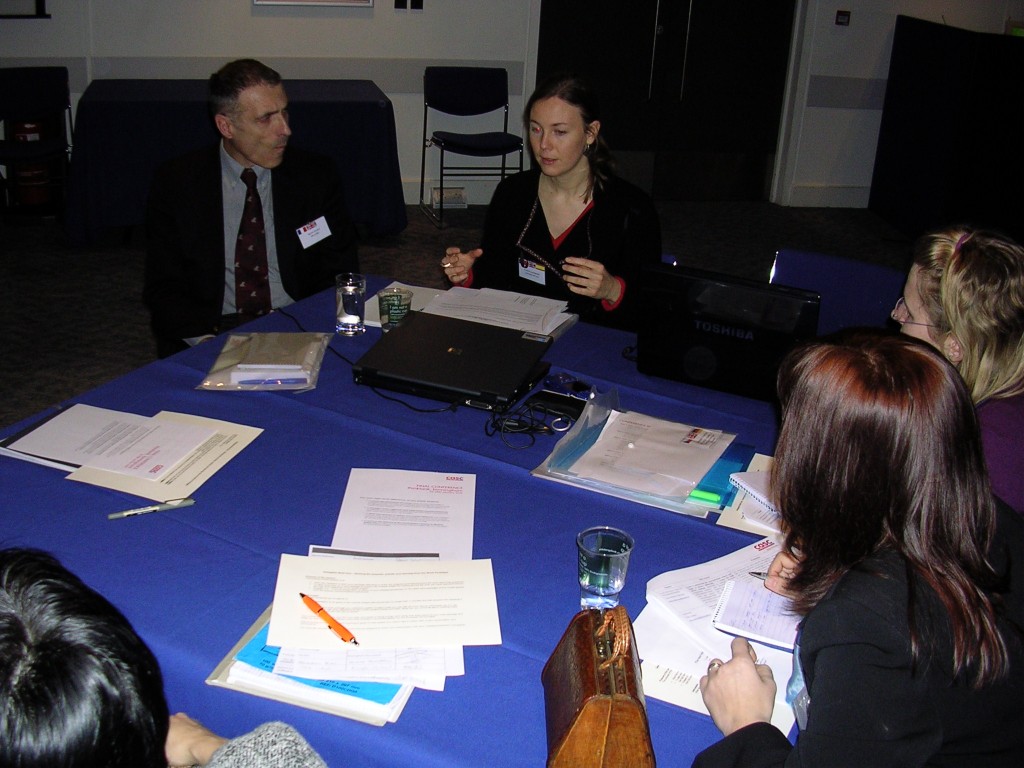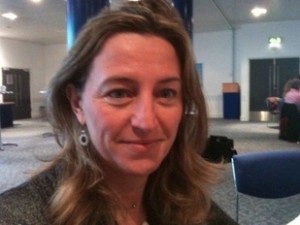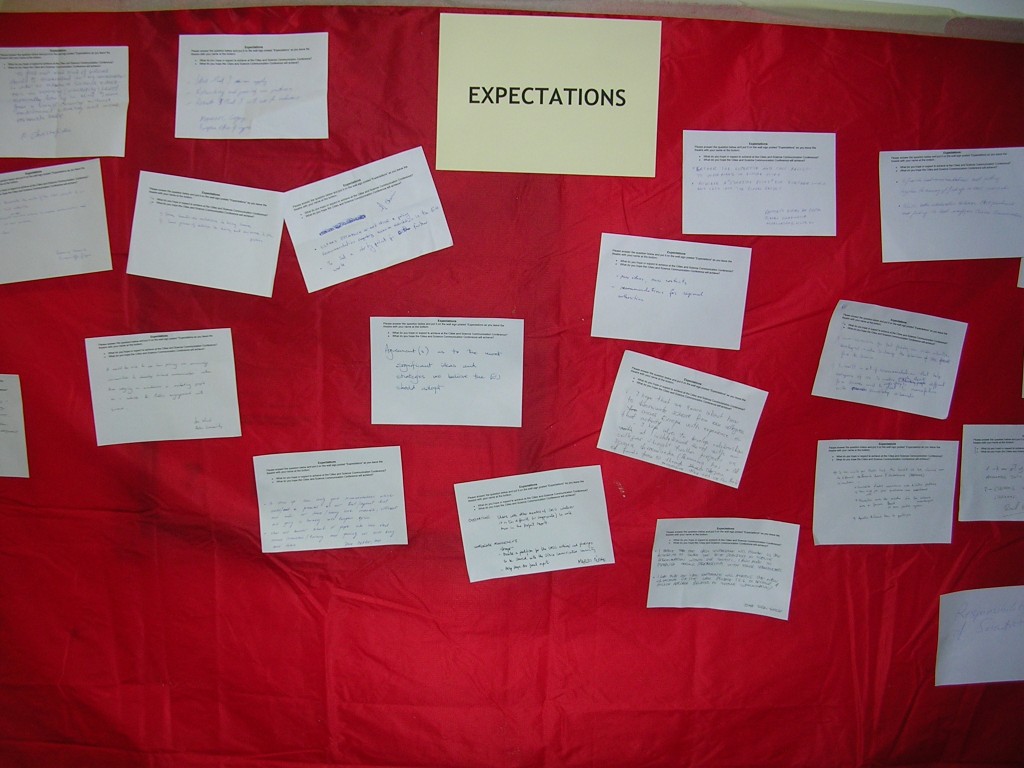The group of delegates who were involved in the Changing Behaviours work package includes Tim Caulton from Thinktannk, Anett Ruszanov (ERRIN), Dana Bekker Vejborna (South Moravian Centre for International Mobility), Pauline Lachappelle (Universite de Lyon) and Vladislava Pospisilova (Academy of Sciences of the Czech Republic), and other delegates floated between the groups around the room.
Below are some of the points, questions and suggestions which came out of this part of the discussion, which will feed into the presentations later today and the recommendations which the group will present tomorrow. Continue reading




